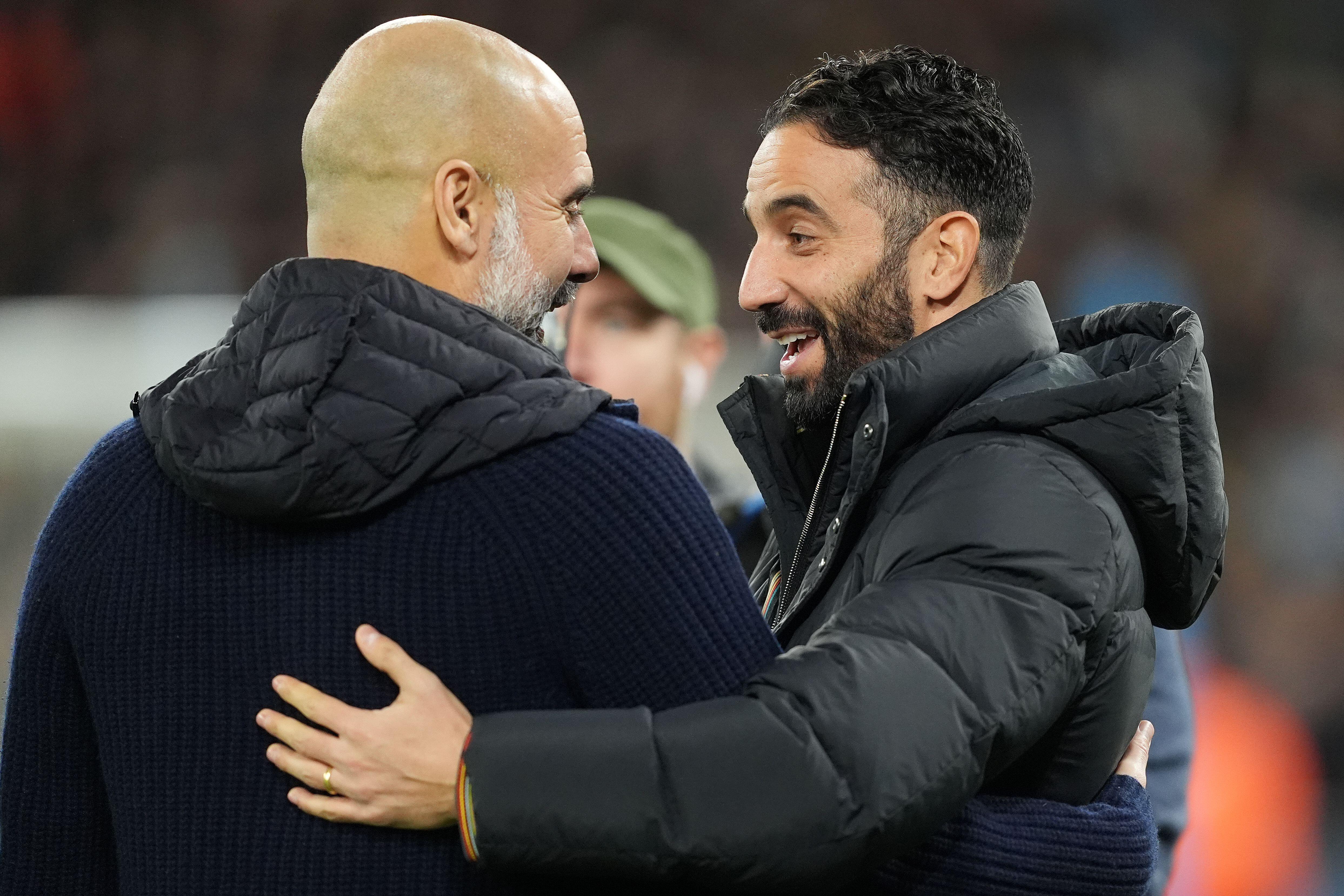Copa America's final two upstaged by fairytale semi-finalists
As Uruguay and Paraguay face off on Sunday night, both sides will know that even if they win, neither are likely to be the enduring story of this Copa America.
ItâÂÂs a shame, and quite unjust, but what has happened elsewhere has simply been more remarkable. In Peru and Venezuela, the tournament has had two of the least likely semi-finalists of all time.
Unlike Venezuela, Peru can lay claim to at least some footballing history. TheyâÂÂve been to the World Cup finals four times, even getting to the quarter-final stage in 1970. Since 1982 though, theyâÂÂve not qualified for a FIFA competition, and have rarely made an impact in the Copa.
However, tragedy has played its part. In the 1987 Allianza Lima air disaster, 43 players, coaches and staff of one of PeruâÂÂs top sides were killed, and much of a promising generation was wiped out. Coupled with various other domestic issues, the mid-80s to mid-90s were a bleak time for Peruvian football.
Their next success at a major tournament was a semi-final appearance in 1997 when the Copa America was held in neighbouring Bolivia. Having beaten eight-man Argentina in the quarter-finals, it was then PeruâÂÂs turn to implode in the semis, losing 7-0 to eventual champions Brazil.
An unfancied Peru line-up against Brazil in the 1997 Copa semis
Their performances this time round have been down to a degree of tactical mastery shown by wily coach Sergio Markarian, as well as the blessing in disguise of having Pizarro and Farfan â two of their stars â injured. This encourage them to adopt a more defensive system, which has been key to their progress and has created one of the tightest defences in international football.
The best features, fun and footballing quizzes, straight to your inbox every week.
Yet Venezuela have been an even bigger surprise than the âÂÂBlanquirrojaâÂÂ.
Ranked 69th in the world and with few star names, they came through a tough group unbeaten, and it was far from the display of âÂÂanti-footballâ you may expect from a more limited side.
In fact, of the four semi-finalists, they had received the fewest cards, and far from parking the proverbial bus, theyâÂÂd also scored more goals than any of the other sides in the last four.
In a nation where baseball far outstrips soccer as the most popular sport, it is no surprise that there is little tradition of success on the football field. Indeed, prior to the 2011 Copa America, theyâÂÂd never qualified for a World Cup and had only won a single Copa America match, with a CA goal difference of -112.
Venezuela's Manuel Seijas celebrates the quarter-final win over Chile
In this yearâÂÂs edition, they have managed to make the world sit up and take notice with their buccaneering brand of football. Based around counter-attacking and set pieces, they had by far the best chances in the first half of the semi-final against Paraguay, despite completing only 44 passes â less than a third of their opponentsâ total.
This was a great example of their percentage football, and itâÂÂs been very effective; marvellously directed by Cesar Farias who has impressed many onlookers, and not just due to his nice coats and leather gloves.
While it may be of little solace to Uruguay or Paraguay that their victory may slip under the radar, itâÂÂs quite something that these underdog stories may even be more memorable than the woeful displays by the continentâÂÂs big two.
Peru may previously have been better known in Europe for its llamas than its left-backs, but their successful campaign shows the increasing strength and depth of South American football.
Similarly, whereas VenezuelaâÂÂs greatest claim to fame is probably being home to the worldâÂÂs tallest waterfall, itâÂÂs at the Copa America that they have made perhaps the most unexpected splash, but it has been a very welcome one.
